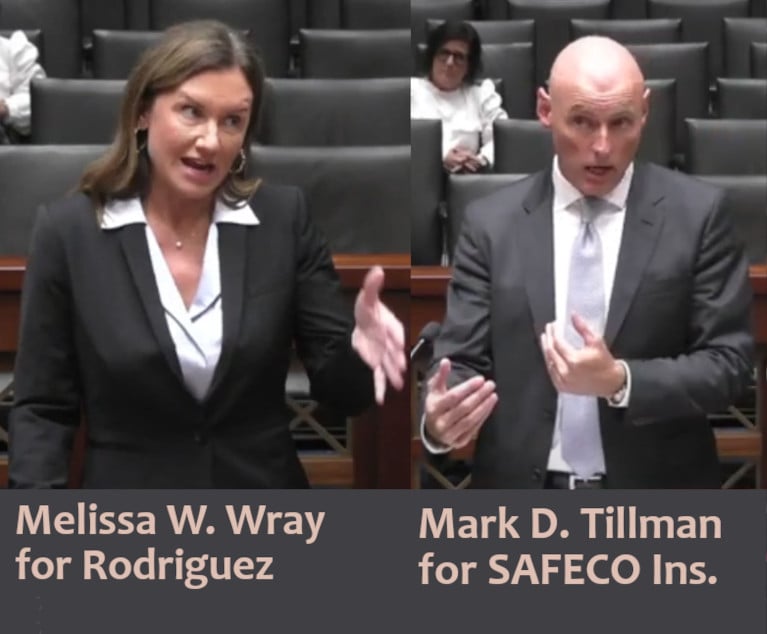Imagine the following scenario. A mother and father have a child together in another state. The mother moves to Texas for work, and both parents agree that the child should stay with her. After a few months, the parents decide that they cannot make the long-distance arrangement work. The father files for divorce in Texas, asking the court to address child custody. The parents extensively litigate the entire proceeding, and the trial court issues a final judgment.
A few years later, however, the father decides to challenge that judgment. He does not try to modify the original custody arrangement because of changed circumstances. Instead, he files a new suit, arguing that the case should have not been brought in Texas because it was not the child’s home state. And he goes one step further: He asserts that, because Texas was the wrong place for the suit, the trial court lacked subject matter jurisdiction—that is, the power to hear and decide the case. Thus, he contends, the judgment is void, and he may challenge it at any time, even though he chose to file suit in Texas in the first place.


 Justice Debra Lehrmann of Texas Supreme Court.
Justice Debra Lehrmann of Texas Supreme Court.




